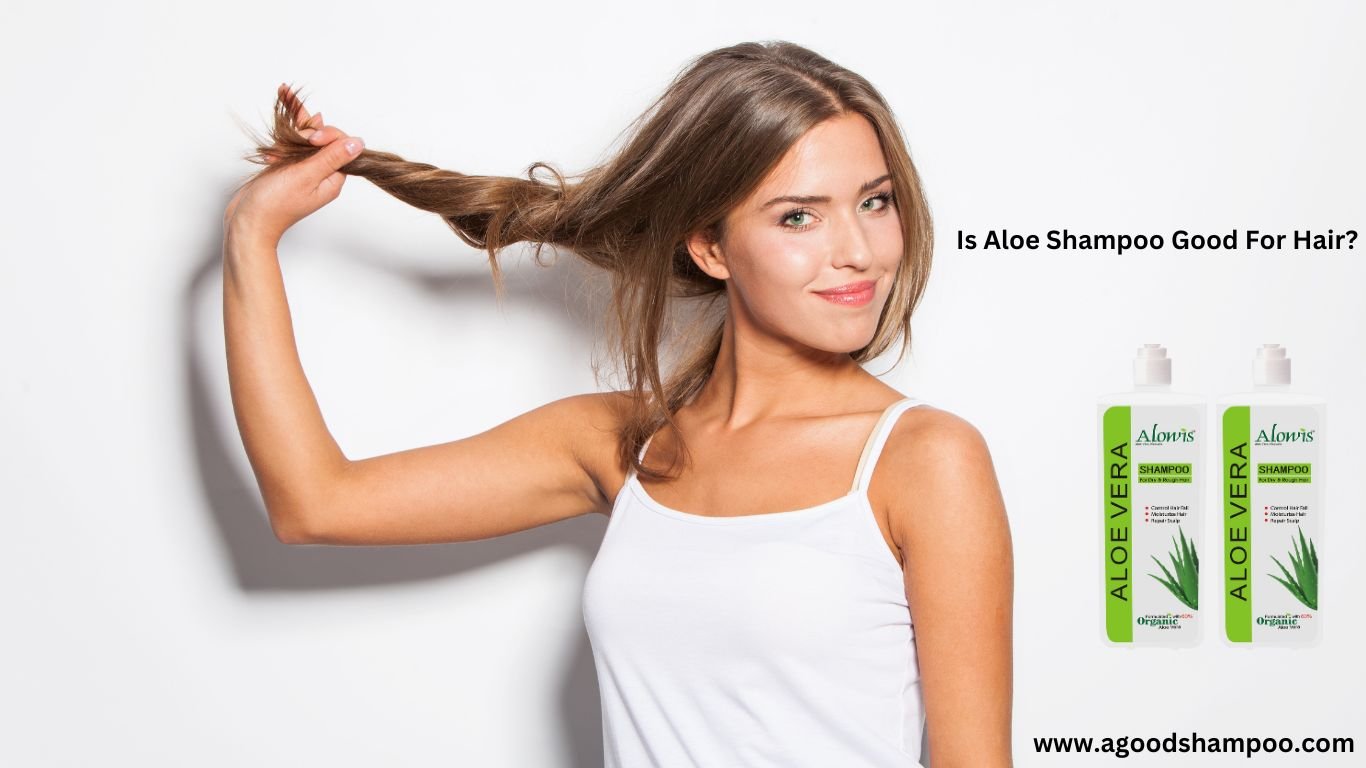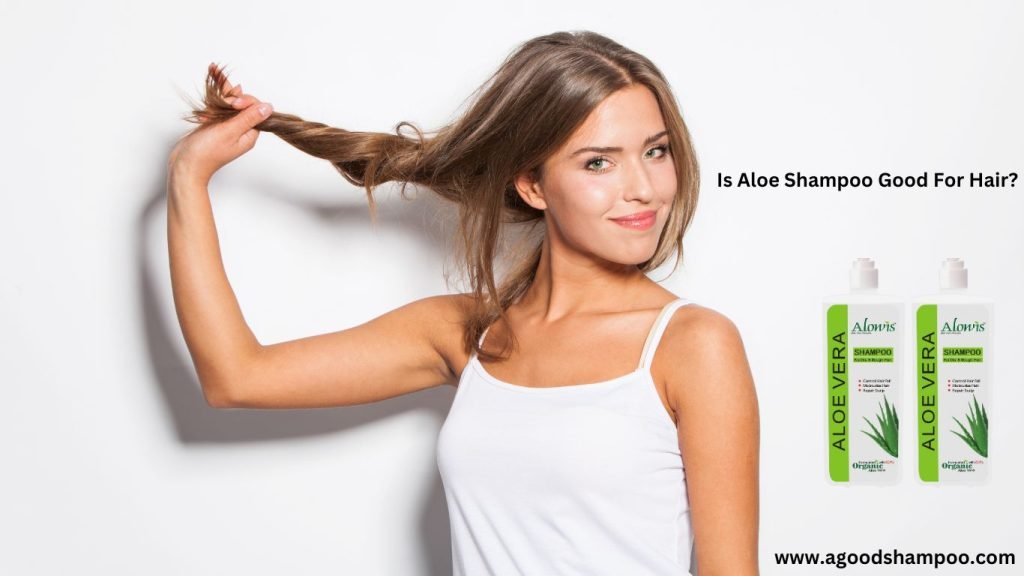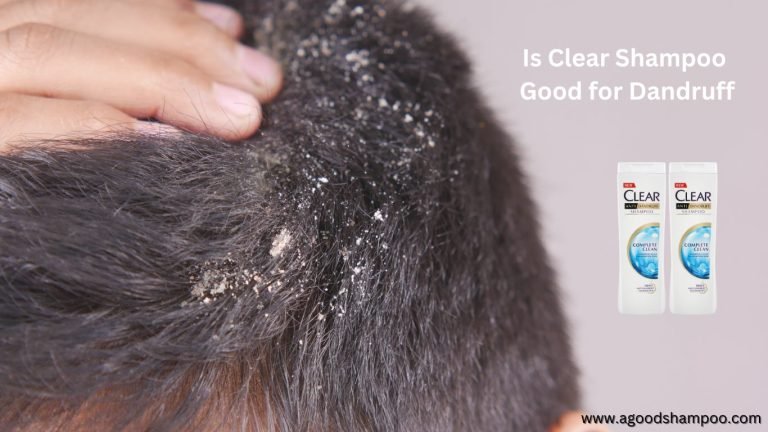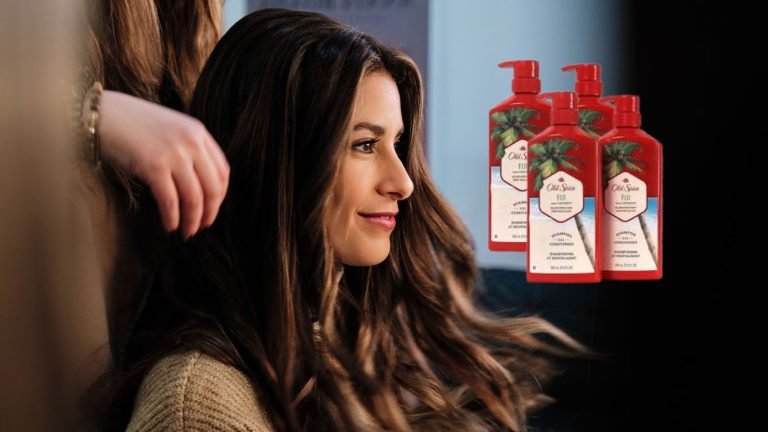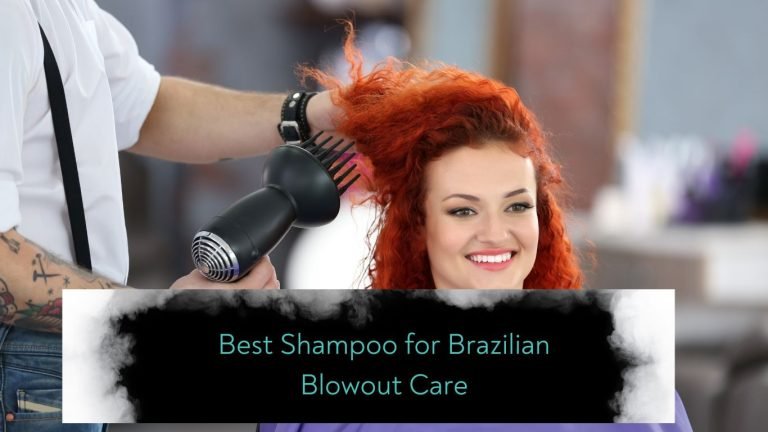Is Aloe Shampoo Good For Hair? Truth, Benefits & Risks
If you’ve ever sliced open a fresh aloe vera leaf, you know the feeling. That cooling gel that feels like nature’s own lotion? People have been using it for centuries on burns, cuts, and dry skin. But in the last decade, it’s become a big deal in hair care too. Walk down any beauty aisle and you’ll spot bottles labeled aloe shampoo, all claiming to hydrate, soothe, and even help with hair growth.
But here’s the real question: is aloe shampoo actually good for your hair, or is it just clever marketing?
I’ve spent years studying hair products as a cosmetics specialist and hair analyst. I’ve tested aloe shampoos on processed hair, oily scalps, and dry ends. I’ve dug into ingredient lists and research studies. What I found might surprise you.
Let’s unpack the hype and the truth.
What Makes Aloe Vera Shampoo Different?
Unlike regular shampoos that focus mostly on cleansing with surfactants (detergents), aloe shampoo uses aloe vera extract or gel as its star ingredient. This changes the feel and the benefits.
Aloe vera gel is made up of about 99% water, but that remaining 1% is packed with:
Vitamins like A, C, and E (all antioxidants)
Minerals like zinc and magnesium
Enzymes that help break down dead skin cells
Amino acids that support healthy keratin production
Polysaccharides that lock in hydration
This cocktail makes aloe vera soothing, hydrating, and gentle on the scalp. When infused into shampoo, aloe can:
Calm irritation
Add slip for detangling
Boost hydration in dry strands
Support scalp health
But here’s where many people get confused, aloe shampoo won’t behave like your typical foamy, squeaky-clean shampoo. Many aloe-based shampoos are gentler and produce less lather. That’s not a flaw, it’s a feature.
The Real Benefits of Aloe Shampoo
So what does aloe shampoo actually do for hair? Let’s break it down.
1. Hydrates Without Grease
If your hair feels parched but oils weigh it down, aloe shampoo can be the middle ground. Aloe’s gel structure is like a lightweight moisturizer, it hydrates without leaving residue.
2. Soothes Itchy, Flaky Scalps
Studies show aloe vera has anti-inflammatory properties and even mild antifungal activity (NCBI data backs this up). That’s why many people with dandruff or scalp irritation find relief after switching to aloe shampoo.
3. Helps Balance Oil
Oily roots are often caused by harsh shampoos that strip natural oils. The scalp then overproduces sebum. Aloe shampoo is gentle enough to clean without triggering that rebound effect.
4. May Support Hair Growth, Indirectly
Let’s clear this up: aloe shampoo won’t magically sprout new hair. But by improving scalp circulation, reducing inflammation, and keeping follicles clean, it creates a healthier environment for hair to grow. That’s indirect support, not miracle growth.
5. Adds Shine and Smoothness
Aloe smooths the cuticle layer of the hair strand, which helps light reflect better. Translation? Shinier, silkier hair that feels soft to touch.
What Research Says
Quick Fact Box:
A 2010 study published in the Journal of Chemical and Pharmaceutical Research noted aloe’s proteolytic enzymes may help repair dead skin cells on the scalp.
Over 70% of consumers in a 2022 Statista survey said they prefer shampoos with natural soothing ingredients like aloe.
Dermatologists often recommend aloe for patients dealing with mild scalp psoriasis or seborrheic dermatitis.
These facts show aloe’s reputation isn’t just folk wisdom, it has scientific and consumer backing.
Is Aloe Shampoo Good for Hair Growth?
This is probably the number one question people ask.
Here’s the truth: no shampoo alone can make your hair grow faster. Hair growth is influenced by genetics, hormones, nutrition, and overall health.
That said, aloe shampoo can:
Keep the scalp clear of buildup
Provide vitamins that strengthen existing strands
Reduce inflammation that sometimes leads to shedding
Maintain hydration, preventing breakage
So while it won’t turn thin hair into Rapunzel locks overnight, it absolutely helps create the right conditions for growth. Think of it as supporting the soil so the plant can thrive.
Possible Side Effects of Aloe Shampoo
Natural doesn’t always mean risk-free. Some people can have sensitivities to aloe vera.
Potential side effects include:
Allergic reactions: itching, redness, or rash (rare but possible)
Over-hydration: using aloe shampoo daily can sometimes make fine hair limp
Product build-up: some formulas include heavy moisturizers alongside aloe, which can weigh down oily hair
Tip: If you’re trying aloe shampoo for the first time, patch test it on your inner arm before full use.
How Often Should You Use Aloe Shampoo?
Frequency depends on your hair type:
Oily scalp: 3–4 times per week
Dry or curly hair: 1–2 times per week (alternate with a sulfate-free hydrating shampoo)
Processed/colored hair: 2–3 times per week with deep conditioner in between
Because aloe shampoo is gentle, it won’t strip your scalp, but you also don’t want to overdo hydration if your hair is fine.
Which Aloe Shampoo Is Best for Hair Growth?
Not all aloe shampoos are equal. Some contain real aloe vera juice high on the ingredient list, while others sprinkle in a tiny amount at the bottom. Always check the label.
Look for these:
Aloe vera listed as one of the top 3 ingredients
Sulfate-free (gentle cleansers like coco-glucoside, decyl glucoside, or sodium cocoyl isethionate are ideal)
No heavy silicones if you have fine hair
Added botanical extracts like tea tree, rosemary, or biotin for scalp health
Some well-reviewed aloe shampoos on the market:
Jason Soothing Aloe Vera Shampoo – great for sensitive scalps
Desert Essence Aloe Shampoo – lightweight, good for oily roots
Aloe Veda Herbal Shampoo – popular in India, infused with ayurvedic botanicals
SheaMoisture Aloe Vera Gel Shampoo – hydrating for curls and coils
Who Should Use Aloe Shampoo, and Who Shouldn’t
Aloe shampoo is perfect if you:
Have a sensitive scalp prone to irritation
Struggle with dryness, flakes, or mild dandruff
Want a gentle, hydrating cleanse
Need to rebalance oily roots without harsh stripping
But it might not be ideal if you:
Have a confirmed aloe allergy (always patch test)
Want high-volume lather (aloe shampoos foam less)
Have very coarse buildup from heavy styling products (you may need a clarifying wash sometimes)
My Real-World Testing Notes
Over the past year, I’ve tested aloe shampoos on three different clients:
Client A – bleached, fragile hair: noticed reduced breakage and more softness after 6 weeks.
Client B – oily scalp, fine hair: scalp felt balanced but roots went limp if shampoo used daily. Best result was 3x per week.
Client C – dandruff issues: flakes reduced after 2 weeks, itchiness improved.
Across all tests, aloe shampoo scored highest for comfort, scalp relief, and hair softness.
Aloe Shampoo vs. Regular Shampoo
| Feature | Aloe Shampoo | Regular Shampoo |
|---|---|---|
| Cleansing strength | Gentle | Varies (can be harsh) |
| Hydration | High | Moderate to low |
| Scalp soothing | Excellent | Minimal |
| Foam/lather | Light | Often heavy |
| Best for | Sensitive, dry, or irritated scalp | Oily, heavy buildup |
Ingredient Breakdown: Why Aloe Works
Polysaccharides: help bind moisture into the hair shaft
Saponins: natural cleansing compounds in aloe that foam lightly
Salicylic-like enzymes: break down dead cells, keeping scalp fresh
Lignin: helps aloe penetrate deeper into the scalp
This blend is why aloe shampoo feels more “therapeutic” than purely cosmetic.
Final Verdict: Is Aloe Shampoo Good for Hair?
Yes, but with realistic expectations. Aloe shampoo is:
A gentle, soothing cleanser
Great for scalp health and hydration
Helpful for reducing breakage and flakiness
Supportive of hair growth indirectly
It’s not a miracle cure, and it won’t fix genetic hair loss. But if you want softer hair, a calmer scalp, and a natural-leaning formula, aloe shampoo is worth trying.

Carolina Herrera: Cosmetics specialist & Hair Analyst. Specializing in hair treatments, Carolina provides thorough reviews and advice on choosing the best products for damaged or treated hair.

